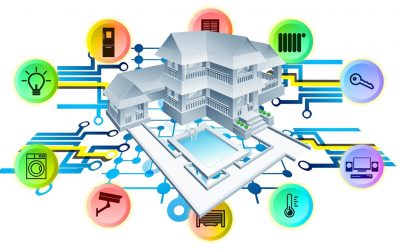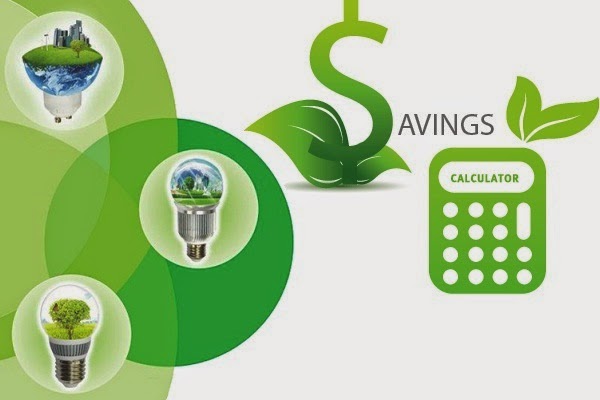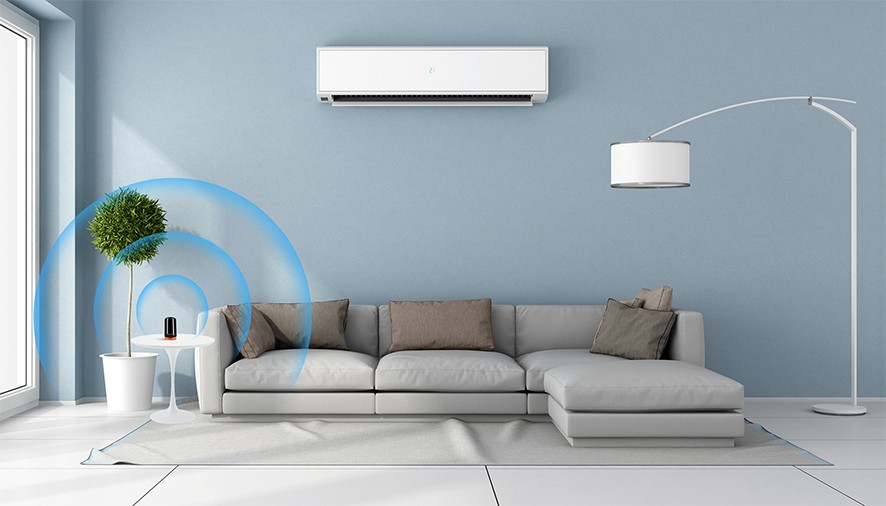As more homeowners and gardening enthusiasts seek eco-friendly and efficient solutions for maintaining their gardens, Smart Garden Automatic Irrigation and Solar Powered Systems have emerged as a revolutionary approach to sustainable gardening. These innovative systems combine automation with renewable energy, reducing water waste and lowering electricity consumption.
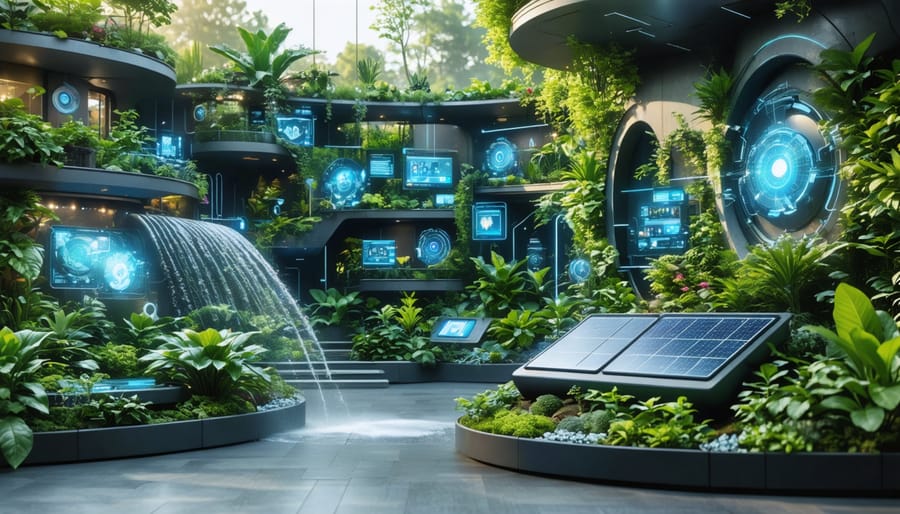
What Are Smart Garden Automatic Irrigation and Solar Powered Systems?
Smart garden automatic irrigation systems are technologically advanced watering systems that automatically distribute the right amount of water to plants at optimal times. When powered by solar energy, these systems become even more sustainable by operating independently of the electrical grid.
Key features include:
- Sensor-based irrigation that detects soil moisture levels
- Programmable timers for scheduled watering
- Mobile app integration for remote monitoring and control
- Solar panels that power the system using sunlight
These features not only save time and water but also promote energy efficiency and plant health.
Benefits of Automatic Irrigation Systems in Smart Gardening
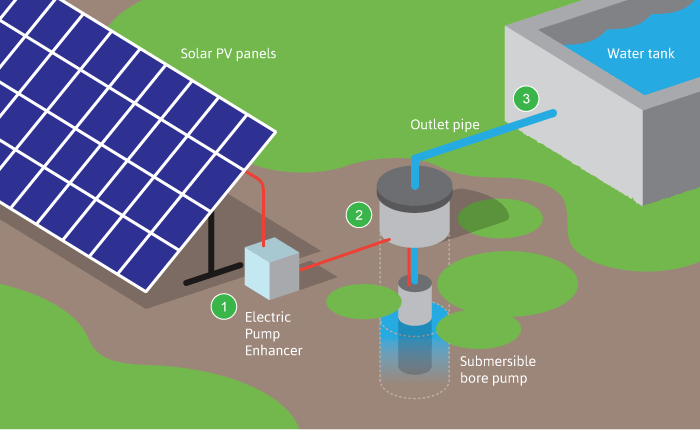
One of the major benefits of automatic irrigation in a smart garden setup is precision watering. By delivering water directly to the roots when it’s needed, these systems:
- Reduce water waste
- Prevent overwatering and root rot
- Promote healthier plant growth
- Save time for gardeners
This aligns perfectly with sustainable gardening practices that aim to reduce the environmental footprint of home gardens.
How Solar Energy Enhances Smart Irrigation Systems
Integrating solar powered systems into your garden’s irrigation setup enhances sustainability and efficiency. Solar panels capture sunlight and convert it into electricity, which powers:
- Water pumps
- Soil moisture sensors
- Wi-Fi controllers
Using solar energy in irrigation eliminates the need for external electricity sources, making these systems ideal for remote or off-grid areas.
Additional benefits include:
- Lower electricity bills
- Reduced carbon footprint
- Reliable operation during power outages
Key Components of a Smart Solar-Powered Irrigation System
A comprehensive smart garden irrigation system typically includes:
- Solar Panels: To harvest and store solar energy.
- Water Pump: Often DC-powered and driven by the solar panel.
- Irrigation Valves: Controlled electronically to direct water flow.
- Moisture Sensors: To monitor soil conditions.
- Microcontroller or Smart Hub: Like Raspberry Pi or Arduino, for automation.
- Mobile App Interface: For remote control and monitoring.
Each component contributes to creating an automated solar irrigation system that is both reliable and eco-friendly.
Installing Your Smart Garden Solar Irrigation System
Installation of a solar-powered irrigation system involves a few crucial steps:
- Site Assessment: Analyze sun exposure and water requirements.
- Component Placement: Position solar panels, sensors, and irrigation lines.
- System Configuration: Connect sensors, timers, and the smart controller.
- Testing and Calibration: Ensure water is being distributed correctly.
- Integration with Smart Devices: Sync with smartphones or home assistants.
DIY enthusiasts can find many tutorials and kits online to build their own smart irrigation system with solar panels.
Smart Irrigation System Maintenance Tips
For optimal performance, regular maintenance of your automatic solar irrigation system is essential. Here are some tips:
- Clean solar panels regularly
- Check and recalibrate moisture sensors
- Inspect tubing for leaks or blockages
- Update firmware of smart controllers
- Test the app connectivity and alerts
Keeping your system in top condition ensures long-term efficiency and reliability.
Cost and ROI of Smart Solar Irrigation Systems
While initial installation costs of a smart garden irrigation system with solar power may be higher than traditional systems, the long-term benefits outweigh the investment. Consider the following:
- Reduction in water bills
- No ongoing electricity costs
- Increased plant yield and garden health
- Time savings and convenience
Many users report ROI within 1–2 years, depending on system size and usage.
Best Use Cases for Smart Garden Automatic Irrigation Systems
Smart irrigation and solar powered systems are ideal for:
- Home gardens and lawns
- Rooftop gardens
- Greenhouses
- Urban farming
- Remote or off-grid locations
They are especially useful for people with busy lifestyles who still want to maintain a beautiful, healthy garden.
Future Trends in Smart Solar Irrigation
With advances in AI and IoT (Internet of Things), smart garden solar irrigation systems are becoming more intelligent. Future systems may include:
- AI-driven water use predictions
- Integration with weather forecasts
- Voice-activated control
- Self-cleaning filters
- Battery backup for low-light days
These developments will make automated irrigation systems even more efficient and accessible.
Smart Garden Automatic Irrigation and Solar Powered Systems are transforming home gardening into a sustainable, tech-enabled activity. With their ability to conserve water, harness renewable energy, and simplify garden care, these systems are paving the way for eco-conscious gardening practices. Whether you’re a hobbyist or a sustainability advocate, adopting smart solar irrigation technology is a step toward a greener future.
By choosing an automatic irrigation system powered by solar energy, you’re not just upgrading your garden—you’re investing in the planet.
